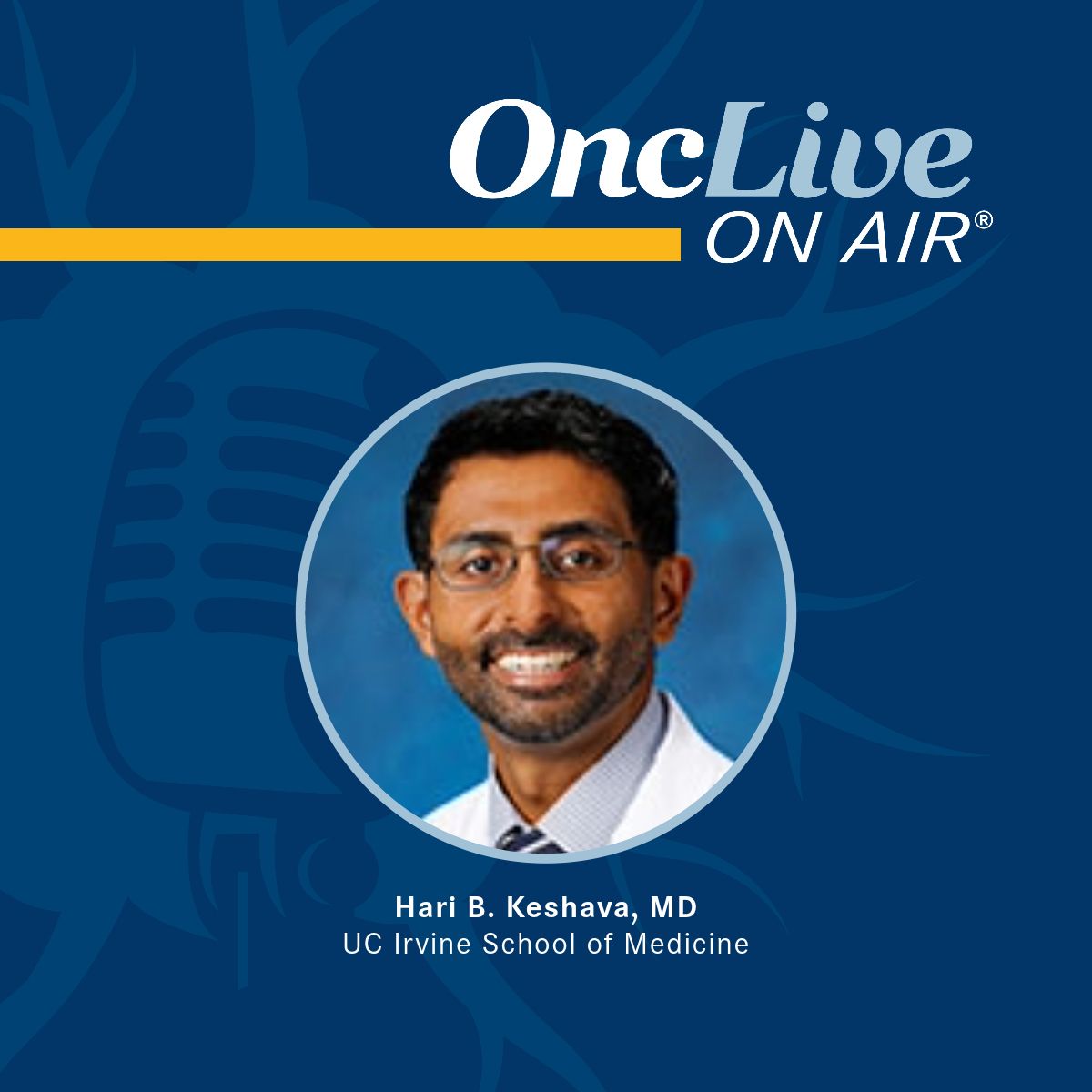Video
Dr. Weber on the Toxicities Associated With Immunotherapy in Lung Cancer
Author(s):
Jeffrey S. Weber, MD, PhD, discusses the toxicities associated with immunotherapy in lung cancer.
Jeffrey S. Weber, MD, PhD, deputy director and co-director of the melanoma program, Laura and Isaac Perlmutter Professor of Oncology, Department of Medicine, NYU Langone Health’s Perlmutter Cancer Center, 2016 Giant of Cancer Care® in Melanoma, discusses the toxicities associated with immunotherapy in lung cancer.
Safety data have shown that PD-1 and PD-L1 inhibitors can cause similar adverse effects (AEs) for patients with lung cancer. As such, it is easy to discuss potential AEs with patients receiving single-agent pembrolizumab (Keytruda), durvalumab (Imfinzi), or avelumab (Bavencio), or the combination of nivolumab (Opdivo) and ipilimumab (Yervoy). Though, it’s critical to make patients aware of the more significant toxicities that could arise, Weber says.
Notably, significant toxicities are defined as those that have a serious impact on a patient’s life, require additional therapies, or lead to hospitalization, says Weber. Serious toxicities occur in about 10% of patients receiving single-agent PD-1 however, significant AEs could affect about 40% to 50% of patients being treated with immunotherapy combinations, Weber concludes.









